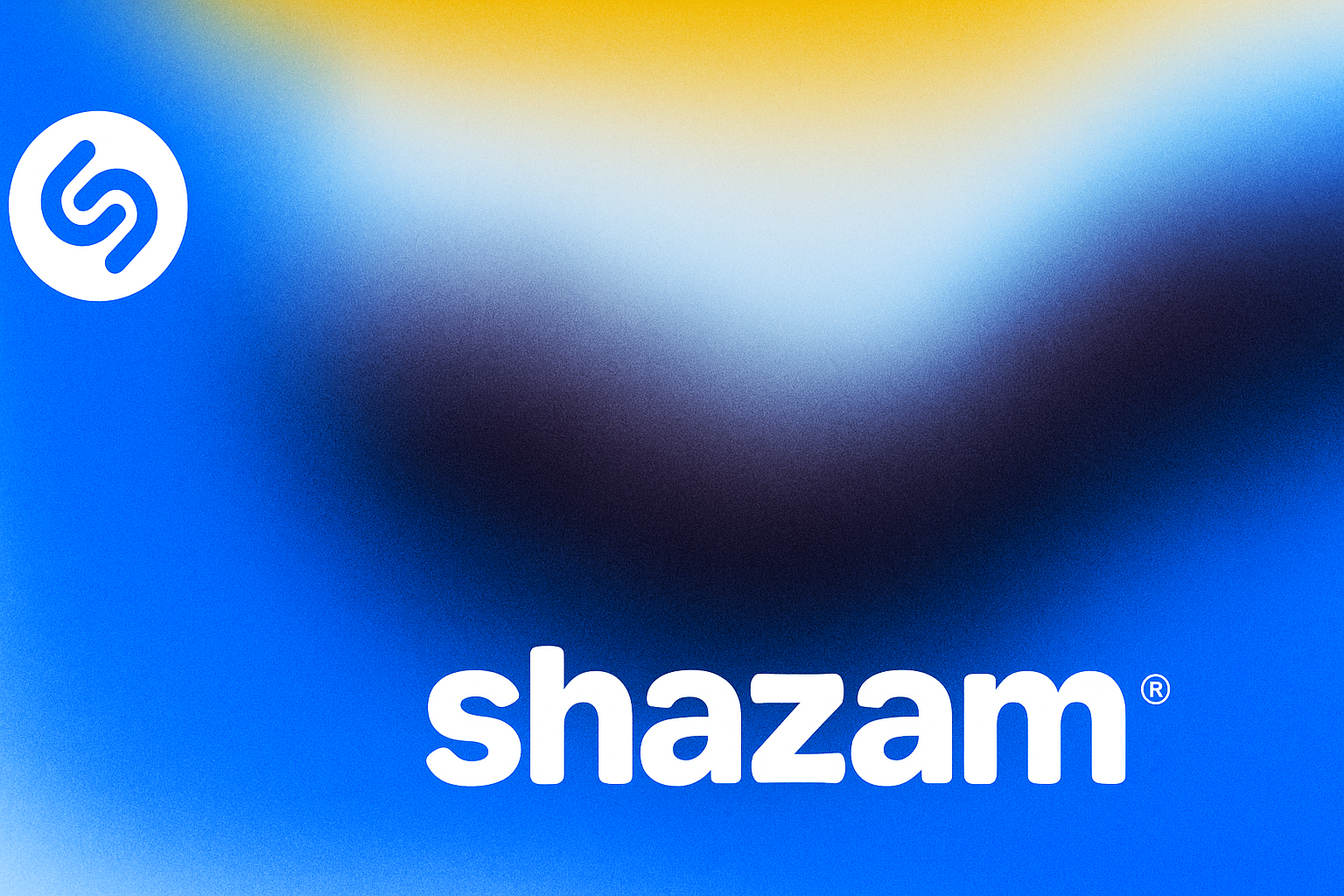In the music industry, TikTok is one of the most important social media platforms: many artists have seen their careers take off thanks to this social, and there are countless tracks that have been discovered through this platform. The numbers speak for themselves: in 2021, for example, 175 songs reached the top of the Billboard USA chart thanks to TikTok.
For example, the song “Hrs and Hrs” by Muni Long: now included in the Billboard Hot 100, the track owes its success to TikTok that made it viral! The track of the rapper has reached nearly 1.7 million creations on the social, and made her win a Grammy for best R&B performance.
To promote her music, Muni Long uses SoundOn, the distribution and promotion platform of TikTok. But why did the social media decide to launch this platform?
What is SoundOn?
SoundOn allows artists to distribute their music on TikTok and its partners like Resso (a music streaming application owned by TikTok’s head company, ByteDance), on social platforms like Facebook and Instagram, but also on streaming platforms, including Spotify, Deezer, Apple Music, and many others. This is good news for artists, because in addition to offering a wide range of DSPs, there are no distribution fees on the platform! TikTok promises to pay artists 100% of their royalties in the first year, and then 90% in subsequent years.
But what is the real added value of SoundOn? The platform says that when a track is released through the platform, it will be pushed to TikTok creators in order to invite them to create content with it. Since TikTok content creators are one of the main reasons why some tracks become hits, this initiative allows artists to reach more people and to have more chances to see their track being included in trends. An aspect that would seem to benefit emerging artists, who would have the opportunity here to expand their audience and fanbase more easily.
In order to monitor the KPIs of these operations and analyze their effectiveness, SoundOn also offers several marketing tools such as access to audience insights and direct access to the TikTok songs tab, which is linked to the artist’s profile on the social.
Why launch SoundOn?
TikTok’s investment in the music industry was inevitable: for the past several years, we’ve seen tracks becoming top hits, boosting artists’ career and even helping them win awards.
But in reality, this step towards the music industry is an idea that is not new. In fact, if we analyze the relationship between TikTok and the music industry, we realize that this monetization strategy started a few years ago with several operations.
TikTok’s head company, ByteDance, had already created Resso, its own music streaming service, in early 2020 to compete with the already existing streaming platforms. Then, the same year, TikTok signed a collaboration with UnitedMasters: the first music distribution platform for independent artists became the first distribution platform to be integrated into TikTok.
Launching its own distribution platform after gradually entering the music industry was obvious.
In the end, the initiative to create SoundOn is simply a move for the social platform to become independent, but it also represents a threat to music streaming services such as Spotify, Tidal or Apple Music because of the gap in royalty payments to artists. That’s precisely the whole point of creating the platform: since TikTok is one of the biggest promotional drivers in the music industry today, creating SoundOn allows the social media to give artists access to tools that benefit them, and thus a complete platform specifically designed for TikTok use.
Despite a saturated market of distribution platforms, this remains an interesting strategy depending on how TikTok will choose to develop the platform. In any case, we can see here that TikTok aims to show itself as a real actor in the music industry today, and not just as a content creation platform.
SoundOn is currently in beta testing and is only available in the US, UK, Brazil and Indonesia. The platform will continue to be developed to see itself available in other countries over time.
So, will SoundOn succeed in creating its place in the distribution platforms market? To be continued…



